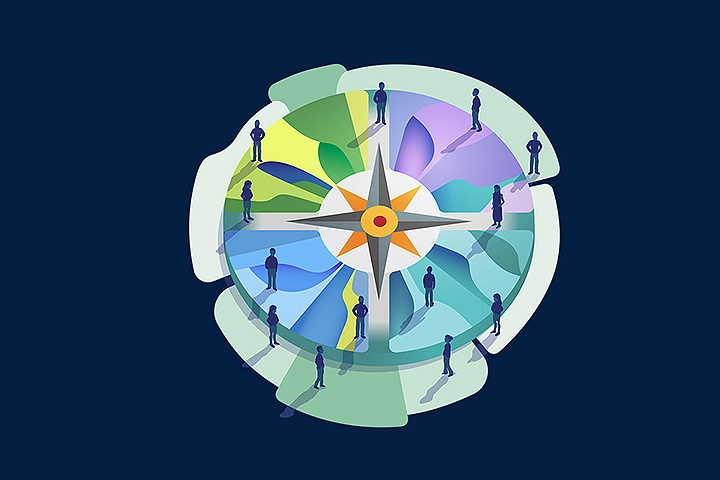2025 Gen Z and Millennial Survey
Now in its 14th year, Deloitte’s global survey of 23,000+ Gen Zs and millennials finds these generations focused on growth and learning as they pursue money, meaning, and well-being.

Growth and the pursuit of money, meaning, and well-being
Gen Zs and millennials prioritize career progression, yet many are not motivated by reaching leadership positions. They’re focused on work/life balance and learning and development. Making money is important to them but so is finding meaningful work and well-being. They are looking for careers with the right balance of these factors, a “trifecta” that can be hard to find.

"As Gen Zs and millennials navigate a rapidly changing world of work, they are reevaluating the capabilities they need to succeed and the support they want from their employers.”
- Elizabeth Faber, Deloitte Global Chief People & Purpose Officer
Gen Zs and millennials are focused on learning
Gen Zs are more focused on work/life balance than climbing the corporate ladder—only 6% say their primary career goal is to reach a leadership position. However, they don’t lack ambition. When asked the strongest reasons for choosing to work for their current employer, learning and development is in the top three. But many Gen Zs and millennials feel their managers are missing the mark on key areas of their development. They want managers to provide guidance, inspiration, and mentorship, not just oversight of daily tasks.
Soft skills are vital as GenAI transforms the way Gen Zs and millennials work
Three-quarters of Gen Zs (74%) and millennials (77%) believe GenAI will impact the way they work within the next year. They are focused on training and skills development to prepare them to work alongside the technology. And as they continue developing their technical skills, they also believe that developing soft skills, such as empathy and leadership, is more important than ever.
Money, meaning, and well-being are tightly interconnected
When asked about the factors that impact their career decisions, Gen Zs and millennials gave responses that fell into three categories: money, meaning, and well-being. The survey underscores that these areas are tightly interconnected as respondents seek to find the right balance.
Money
The survey finds that without financial security, Gen Zs and millennials are less likely to have a positive sense of well-being and less likely to feel their work is meaningful. But financial insecurity is on the rise since last year with nearly half of Gen Zs (48%) and millennials (46%) saying they do not feel financially secure.
Meaning
Roughly nine in 10 Gen Zs (89%) and millennials (92%) consider a sense of purpose to be important to their job satisfaction and well-being. But purpose is subjective. Some want to have a positive impact on society. Others want to earn money or learn new skills so they have the resources to drive change outside of working hours.
Well-being
Positive well-being supports a sense of purpose at work. Among those who report positive mental well-being, 67% of Gen Zs and 72% of millennials feel their job allows them to make a meaningful contribution to society compared to 44% of Gen Zs and 46% of millennials who report poor mental well-being.
Opens in new window




